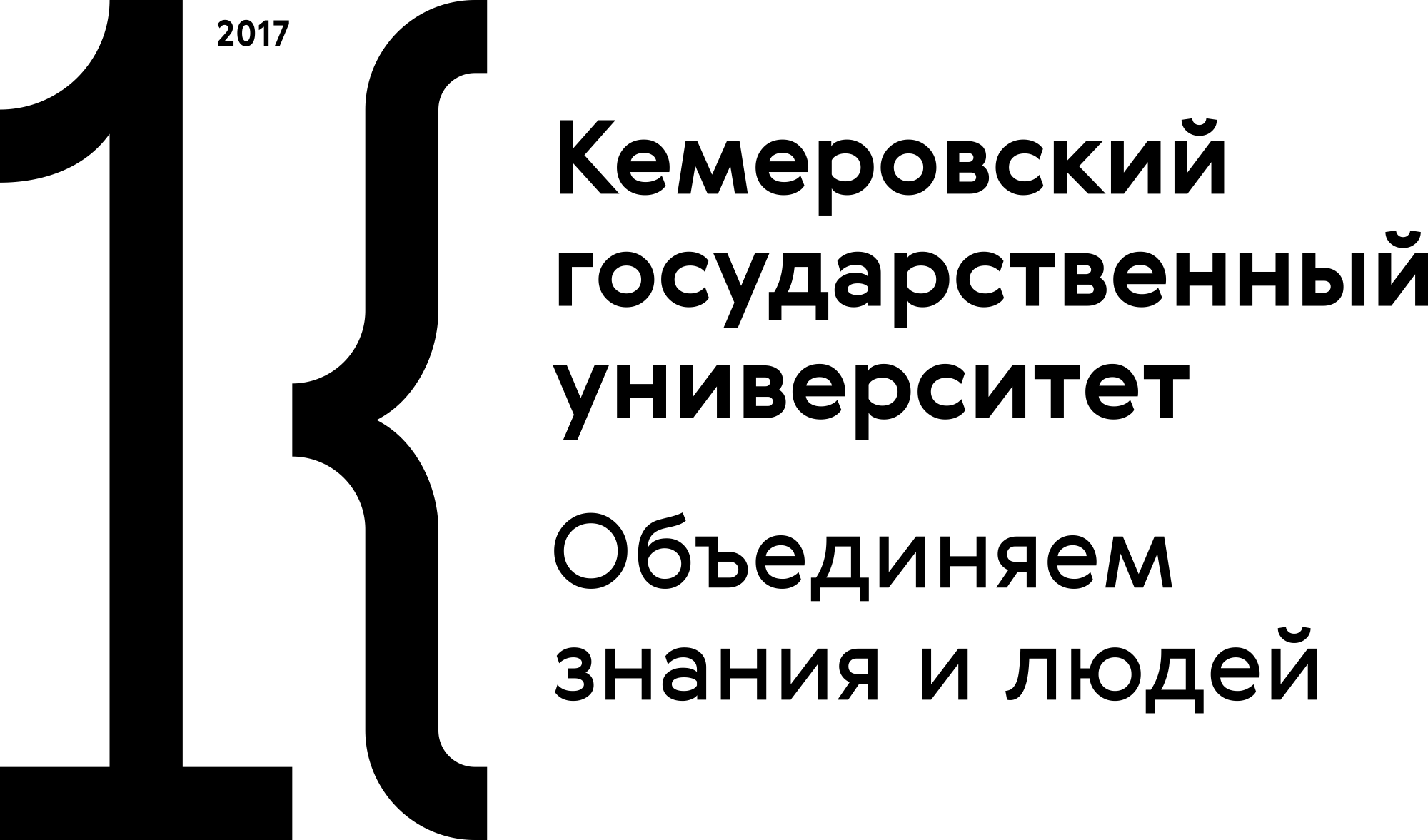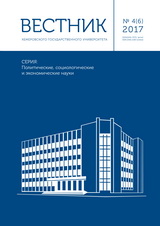The paper features some factors that influence economic and social situation of monoprofile municipal units in modern Russia. The macroeconomic factors breaking social and economic balance of the monotown can be of technical and process design, economic and (or) institutional nature. Technical and process design factors are connected with objective change of technological ways and assume the advancing actions of subjects of the market for innovative development. Economic factors are defined by state policy in the field of formation of cumulative demand and regulation of inflation. Institutional factors depend on the institutional order established in the society. Based on statistical indicators and results of sociological researches, the current study proves that because of inflation of the offer, the high level of differentiation of income of the population and poverty in modern Russia the consumer demand and demand for investments decreases. The operating institutional order, created with direct participation of the state, prevent a properly correlation between the social contribution of market subjects and remuneration, which, in its turn, prevents economy from performing its main goals compatible to high standards of life of most of people and leads to socio-economic and regional inequality. The authors conclude that the macroeconomic nature of deterioration factors in economic and social situation of modern Russian monoprofile municipal units predetermines the leading role of the federal center in their elimination, and the volume of the financial means allocated for these purposes has to be increased and balanced. When developing concrete measures of the state support of the monotowns in the current complicated socio-economic situation, one should analyze the character of the causes and the system of indicators. The complex of the indicators of economic and social situation of monotowns, which are formally established by the Russian government, is unbalanced now and includes only outdated indicators.
monotown, cityforming enterprise, consumer demand, regional inequality, fair institutes

















